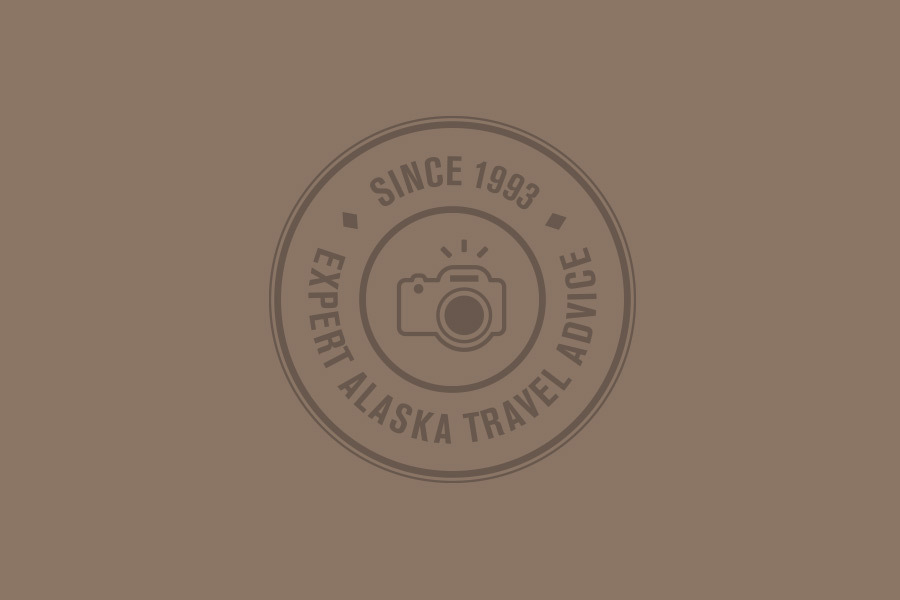Alaska Walrus Haulouts
Quick: what has an enormous red body, ivory tusks, and a whiskered face? It’s the intriguing walrus, the 3,000-pound “elephant” of the Far North.
Pacific walrus can be difficult or expensive to see in the wild, with only a few key locations in Alaska where viewing is realistic or practical.
Scientists estimate 200,000 of these giant pinnipeds (the seal family) live in the Chukchi and Bering seas between Alaska and Russia. For most of the year, they rely on pack ice as a floating platform for foraging and raising pups. But during summer and fall, when sea ice extent shrinks, males tend to “haul out” on one of 150 remote, rugged beaches along Alaska’s western coasts.
Jump to: MAP | Walrus Islands State Game Sanctuary | Cape Peirce | Remote Haulouts | Viewing Tips | All Locations

Popular Spots
Walrus Islands State Game Sanctuary
Take air taxi 65 miles southwest of Dillingham to the mouth of Togiak Bay
Thousands of male walruses converge every summer on seven small, craggy islands about on Bristol Bay. Dominant among them is Round Island, where as many as 14,000 ivory-equipped bulls have been counted wallowing and bellowing on rocky beaches in a single day. The refuge, created more than a half century ago, was intended to protect this extraordinary congregation, often the largest in North America. Prime time begins after sea ice has melted back in late May and lasts until mid-July. Visiting these haul-outs in remote coastal Alaska really requires expert guiding, and we recommend that you book your trip through a full-service tour. Contact the Walrus Islands State Game Sanctuary for more details.
Other noted spots in the sanctuary:
Cape Peirce
Take air taxi from Dillingham to far western tip of Bristol Bay
This rugged, rocky headland regularly attracts thousands of male Pacific walruses and has been Alaska’s second largest haul-out (after Round Island) in recent decades. Since the 1980s, up to 12,500 males have been counted at one time, with peak numbers appearing between June and October.
Other Well-Known Haulouts in Remote Alaska
Very difficult or impossible to visit
Point Lay
In recent years, tens of thousands of male walruses have begun coming ashore along the Chukchi Sea in late summer, with an especially dramatic congregation often forming near the village of Point Lay. Scientists speculate the growing phenomenon—where up to 40,000 animals have been counted in one day—is in direct response to the reduction and late freeze-up of sea ice offshore. While of great interest to scientists and Native residents, the Point Lay haul-out is off-limits to visitors and aircraft. For more information, contact the marine mammals office of the U.S. Fish and Wildlife Service.

Cape Newenham
Beaches on this headland dividing Bristol and Kuskokwim bays are among Alaska’s largest haul-out sites, with more than 5,000 bulls counted in some years. Visiting the locale—130 miles southwest of Dillingham—will be expensive but not impossible. Contact the Togiak NWR for details.
General Advice:
- Reaching any of these outposts will be expensive! You have to fly from Anchorage to small fishing communities near Bristol Bay, then travel by bush plane or boat to remote lodges or camping outposts. Weather can cause delays.
- Cruise ship or destination tour? Cruises to the Bristol Bay and Chukchi Sea regions of Alaska are sporadic; some years, you can’t even find a company that services the area. If you can find a cruise, you’ll have a chance of spotting walrus. But if seeing walruses is your main focus, we’d suggest a destination tour with a local guide.
- Summer and fall walrus haul-outs are usually male-only affairs! For the most part, females and young calves remain in the ocean feeding and resting on ice floes.
- Pacific walrus are a protected species under federal law and should not be approached on land. Carrying good binoculars or spotting scopes. You will be watching them from a distance. In 2017, Alaska’s walrus population was found to be stable and (so far) able to adapt to the loss of sea ice due to climate change—and did not need listing under the Endangered Species Act.
For More Information:
Show Map
Alaska Pacific Walrus Haulouts
Anchorage & King Salmon
Southwest Alaska
This is where the walrus head from August through November, as they move north in preparation for the winter pack ice. Visit only if the walruses have already left Round Island.
This rocky, mountainous and remote island is Alaska’s best place for observing and photographing Pacific walruses as they rest on the rocky shorelines in the hundreds or even thousands during summer. Visiting is only for the adventuresome as it involves travel in small planes and boats, and overnight stays on the island involve camping in a remote setting; but for those willing, it is an unparalleled wildlife and wilderness experience.
This spot sees a good number of walruses in the summertime, with more visiting in recent years. While Round Island has consistently more walruses, Cape Seniavin’s access is easier
Arctic
In recent years, tens of thousands of male walruses have begun coming ashore along the Chukchi Sea in late summer. While of great interest to scientists and Native residents, the Point Lay haul-out is off-limits to visitors and aircraft.

